If you were to rifle through your bathroom cabinet, the top ingredient in most products is aqua: water. In fact, shampoos and conditioners are made up of up to 90 percent water. With water shortages expected to seriously impact two billion people by 2025 and only 0.3 percent of the water on Earth accessible or usable, B Corp Ethique is asking one critical question this Earth Month: why waste more precious drops in your personal care products when you can raise the bar?
The beauty industry has long been in the crosshairs of environmentalists and passionate climate activists. From pollution to microplastics, water wastage and toxic chemicals that destroy wildlife and ecosystems – sadly, many of the products that are designed to help us look and feel bright-eyed and bushy tailed are doing the opposite to the planet and its creatures
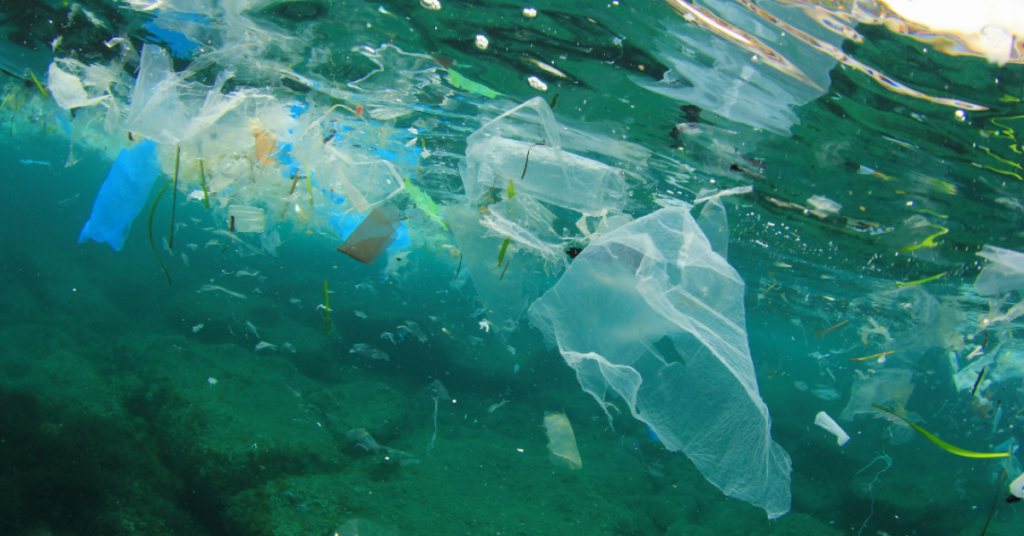
Photo: Canva
Be it plastics in shampoo and conditioner bottles, or microplastics in face and body products, the beauty industry is having a huge impact on our environment, weakening ecosystems, and increasing bacteria and toxins in the ocean, all of which are being ingested by human beings and animals.
Started in 2012 in Christchurch, Ethique has been on a mission to create better cosmetics made with sustainable, naturally derived ingredients. Their concentrated and sustainable products that deliver squeaky clean results, without the hefty cost to the environment. In fact they are part of B Beauty – a coalition of over 40 leading Certified B Corporations across eight countries and four continents seeking to improve the sustainability standards of the beauty industry.
Taking us on a deep dive this Earth Month, Ethique unpacks why ditching water-heavy products and single-use plastics from hygiene products, and using bars instead, not only saves, but regenerates the planet too.
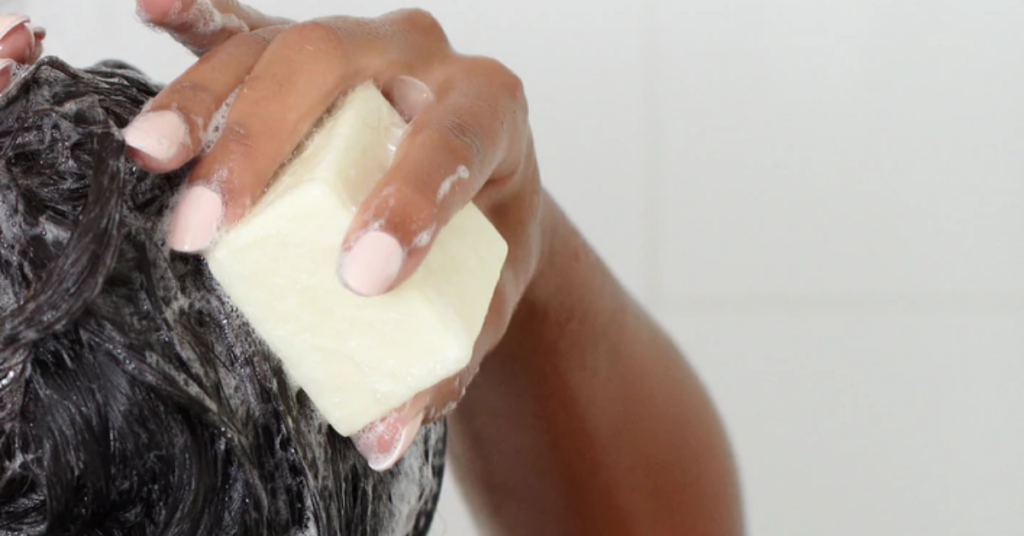
Photo: Ethique
Why every drop matters
We are in the midst of a global water crisis. Water is one of the most basic needs and a fundamental human right – yet we still live in a world where one in three people globally do not have access to safe drinking water (UNICEF).
By 2025, the World Health Organisation estimates that half of the global population will be affected by the water crisis.
In many parts of the world, water is often unsanitary, laden with diseases, and over 800,000 people die each year from water, sanitation and hygiene-related diseases, according to the World Health Organisation. Women and children are estimated to be carrying water to their homes for 200 million hours each day, creating physical burdens and trapping families in poverty and water scarcity for generations.
Furthermore, over two billion people live in water-stressed countries, which is expected to grow as a result of climate change and population growth. On top of this, scientists estimate that by 2050 there will be more plastic in the oceans than fish. (You read that right).
Under the umbrella of SDG 6 – Clean Water and Sanitation – solving this issue is considered by many to be a key to unlocking greater gender equality, education, literacy, and optimal health throughout the world. A passion for many B Corps and non-B Corps alike, there are plenty of innovative solutions floating around to make clean and safe water accessible to everyone. But our work is far from over.
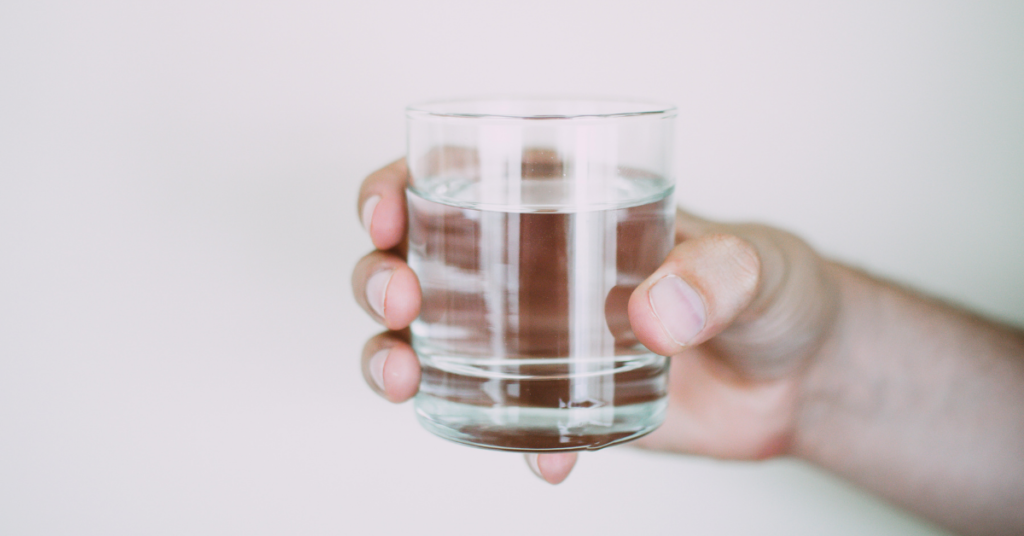
Photo by Lisa Fotios on Pexels
Take action: Use B Lab & UN Global Compact’s SDG Action Manager to take action today
Raising the bar for eco-friendly beauty
Guided by the principle of interdependence, Ethique joined forces with other B Corps to improve the sustainability standards of the beauty industry through a shared vision of delivering ‘beauty for good’. They’re climate positive, vegan, plastic-free, cruelty-free, and they are propelling the cause of climate activism forward.
The core of their business is ground in championing change in the plastic habits of the world we live in, with a strong purpose over profit ethos.
So, what are some of the tangible ways that they are making beauty a force for good and limiting the environmental impact of their products, paving the way for other B Corps and non-B Corps to follow?
Vegan, plastic-free and compostable for minimum impact
Having a positive environmental impact is at the core of Ethique’s products. Their solid beauty bars last two to five times longer than bottled beauty products, and everything they make is in a solid, plastic-free bar form, containing little to no water and packed in home-compostable packaging, rather than plastic.
One Ethique shampoo bar has only eight percent of the carbon footprint of their equivalent liquid shampoo product.
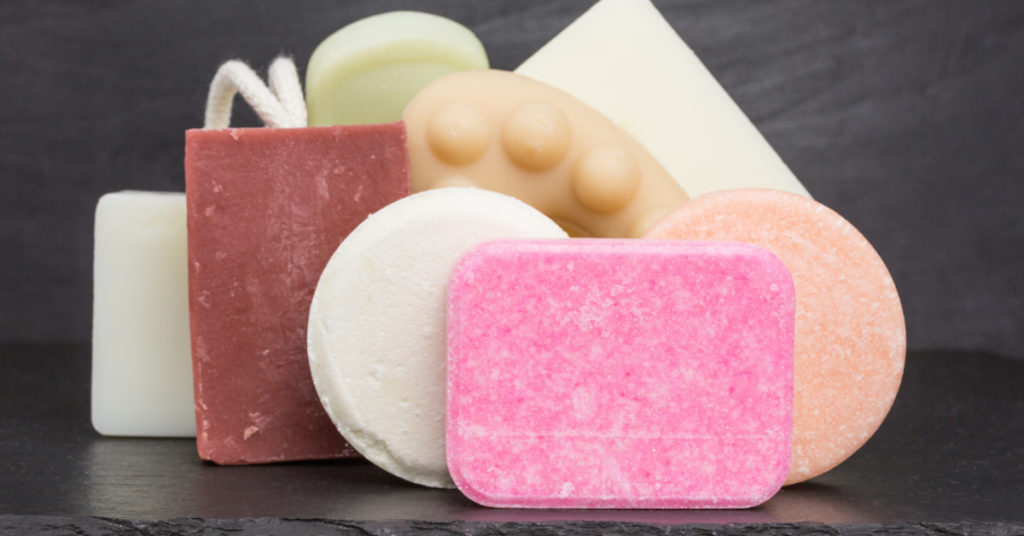
Photo: Canva
Ethique uses vegan ingredients to negate the effects of animal farming, a large contributor to greenhouse gas emissions. Moreover, plant-based ingredients are ethically and sustainably produced, through direct or fairly traded partnerships, meaning that they don’t deplete the environment they are grown in.
According to Ethique, working directly with local producers in this way, compared to mass-scale monoculture plantations, tends to yield far greater environmental controls and respect for the land thanks to Indigenous practices that have been passed down for generations. This typically means that crops are grown much more naturally, leaving the land in a better condition, and the habitat far better protected.
All packaging and in-shower containers are compostable, so they break down with ease. And palm oil? You’ll find none of it here.
While palm oil is one of the most efficient and widely used oils on the planet, it requires one quarter of the land and water needed to produce the same amount of other vegetable oils. Until more fair trade, regenerative palm products can be sourced, current palm oil production is a driver of deforestation, air pollution, unethical child labour, and animal endangerment.
“Palm free is a difficult, expensive and unique stance to take in the beauty industry. Unfortunately, we’re one of very few cosmetics companies that can claim, much less that are, certified palm free.”
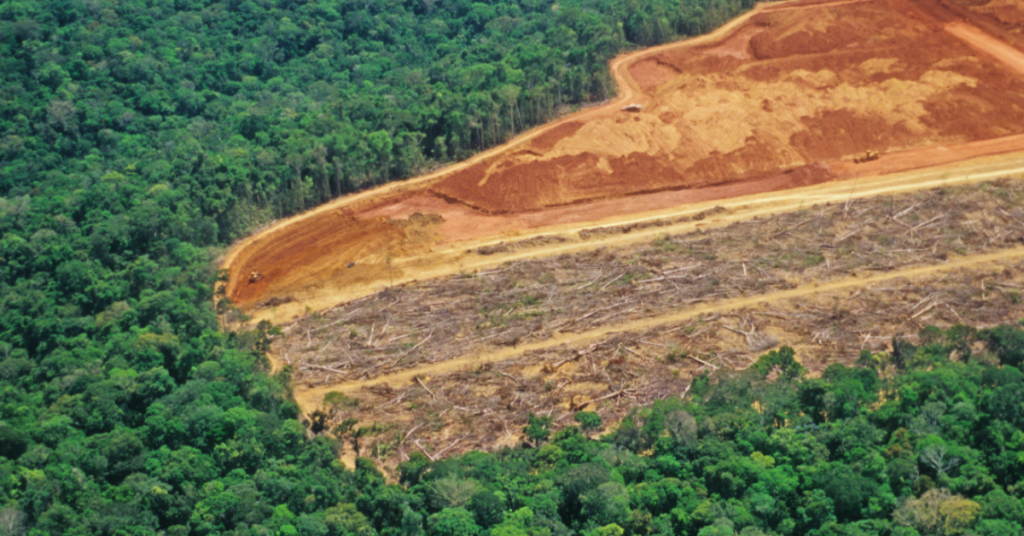
Photo: Canva
Saving water, planting trees – but make it climate positive too
Business operations hold great potential to impact positive change. For Ethique, it’s about offsetting more than 120 percent of their carbon emissions, measuring their carbon footprint with EKOS and offsetting with Ecologi. Their office is powered by Ecotricity, which is 100 percent renewable, carbon neutral and community owned. Ethique also ensures they offset their employees’ international travel footprint twice, just to be sure.
It doesn’t stop there. The team at Ethique knows that carbon offsets are something all companies should be doing, but they are certainly not the solution to our climate crisis – more of a mitigation tactic as we race towards a fossil fuel-free future. So for every order placed, Ethique also plants a tree, and between 2018 and 2020, they also reduced their total company carbon emissions by 60 percent.
This makes Ethique climate positive, meaning they go above and beyond, not just negating their own carbon footprint, but neutralising others’ CO2 emissions as well.
Adding to this over 17.5 million litres of water saved and over 20 million plastic bottles saved from landfill – and you have a demonstrated and sustained commitment to improving their company’s impact on the planet.
The future is regenerative
We’ve heard of zero-waste, sustainable, plastic-free, cruelty-free – but Ethique has kicked off 2022 by identifying themselves in a way that they think encapsulates the scope of their vision, values and desire to leave our planet and its people better than they found it: regenerative.
The process of renewal, restoration and growth that makes living organisms and ecosystems resilient from a biological perspective, and a process of restoring, renewing and revitalising energy and material sources with the integrity of nature from a design perspective – the future of the economy is regenerative. B Corps worldwide are striving to give back more than take and find ways of contributing positively to our planet, rather than extracting from and exploiting it.
However, the way they see it – “sustainable business is not about improving things. It’s about maintaining status quo. Doing ‘less bad’, not ‘more good’. Sustainability is great, if the status quo is great”, says Founder & CEO Brianne. “But by-and-large, the status quo, particularly when it comes to the impact of the beauty industry on the environment is anything but great.”
Their mission extends beyond leaving no impact on the planet; instead, they endeavour to leave it in a better state than they found it and are hoping to inspire others to follow suit – which will ultimately be the biggest driving force for positive change.
Are you ready to raise the bar this Earth Month?
B Lab is committed to continuously looking for ways to optimise the impact of the B Corp movement to achieve our vision of an inclusive, equitable, and regenerative economic system. Learn more about the B Beauty — A B Corp Beauty Coalition: Making industry standards sustainable and equitable.

